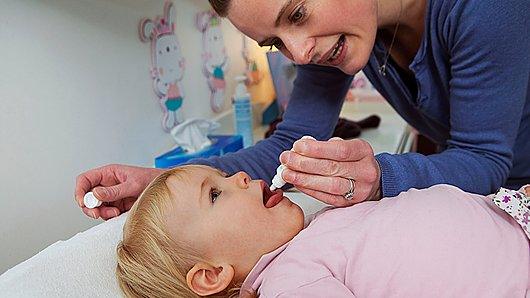'Sunshine can slow weight gain and diabetes symptoms'
- Published

Sunshine is an important element of a healthy lifestyle and could help prevent obesity
Exposure to sunshine could slow down weight gain and the development of type 2 diabetes, research on mice suggests.
Writing in Diabetes, external, scientists from Edinburgh, Southampton and Australia found that shining UV light on overfed mice made them gain less weight.
But vitamin D, produced by the body in response to sunlight, did not appear to play a role, the study said.
More research is needed to find out if sunshine has the same effect in people, experts said.
The research team said their results should be interpreted cautiously because mice are nocturnal animals, covered in fur, which are not usually exposed to much sunlight.
After treatment with ultraviolet light, the mice in the study also displayed fewer of the warning signs of type 2 diabetes, such as abnormal glucose levels and insulin resistance.
These effects of the UV treatment were linked to nitric oxide, which is released by the skin after exposure to sunlight.
When a cream containing this compound was applied to the skin of the mice, it had the same effect.
Balance advice
Dr Richard Weller, senior lecturer in dermatology at the University of Edinburgh, said: "We know from epidemiology studies that sun-seekers live longer than those who spend their lives in the shade. Studies such as this one are helping us to understand how the sun can be good for us.
"We need to remember that skin cancer is not the only disease that can kill us and should perhaps balance our advice on sun exposure."
Lead author, Dr Shelley Gorman, from the Telethon Kids Institute in Perth, Western Australia, said the findings showed that sunshine was an important element of a healthy lifestyle.
"They suggest that casual skin exposure to sunlight, together with plenty of exercise and a healthy diet, may help prevent the development of obesity in children."
However, Dr Colin Michie, paediatrician and chairman of the nutrition committee at the Royal College of Paediatrics and Child Health, said it was already known that ultraviolet light had significant effects on processes in the body such as inflammation, endorphins, steroid biochemistry and malignancy.
He added that it was not surprising that this form of light could also influence "metabolic syndrome and obesity".
But he said the paper was still of considerable value.
"It raises critical questions for us humans - are the effects the same in our children and ourselves, and, if so, can they be applied to prevent obesity, treat metabolic syndrome and save vast amounts of pharmacological treatment? Perhaps it is just a little sunshine that we require."
- Published21 October 2014

- Published8 May 2013

- Published24 October 2013

- Published14 December 2012
